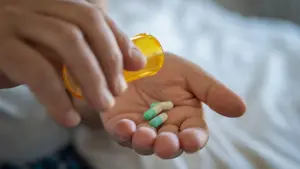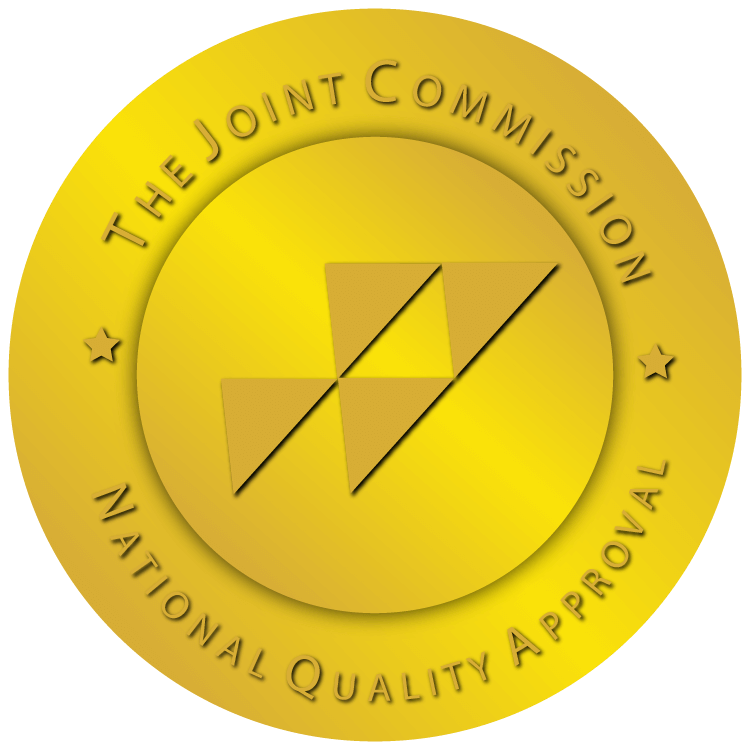The fentanyl crisis has become a significant concern in the United States, prompting the current administration to implement various strategies to combat its devastating effects. This article delves into the administration’s stance on the fentanyl crisis, highlighting personal experiences with addiction, current actions, and proposed policies to address this pressing issue.

The Administration’s Approach to the Fentanyl Crisis
The U.S. government recognizes the severity of the fentanyl crisis and has adopted a comprehensive approach to mitigate its impact. This strategy includes strengthening border security, enhancing international cooperation, and increasing public awareness. The administration emphasizes collaboration with our neighbors, Mexico and Canada, to curb the influx of fentanyl into the United States.
Strengthening Border Security
To prevent the smuggling of fentanyl, the administration has intensified efforts at the U.S.-Mexico border. This includes deploying advanced detection technologies and increasing personnel to intercept illicit drugs. The U.S. Customs and Border Protection (CBP) has implemented a “whole-of-CBP” approach to lead the federal government’s fight against dangerous drugs like fentanyl.
Enhancing International Cooperation
Recognizing the global nature of the fentanyl crisis, the administration has sought to strengthen ties with international partners. Efforts include collaborating with China to regulate the export of fentanyl precursors and working with Mexico to dismantle drug cartels responsible for trafficking. In 2023, the U.S. State Department announced plans to launch a “global coalition to address synthetic drug threats,” with more than 80 countries expected to join.
Personal Experiences with Addiction: Robert F. Kennedy Jr.’s Perspective
The fentanyl crisis is not just a political issue—it’s a deeply personal one for some leaders. Robert F. Kennedy Jr., for example, has openly discussed his battle with addiction, shedding light on the devastating effects of substance abuse. In a recent interview, he shared how his struggles with drugs began in his youth, stating, “I became a drug addict when I was 15 years old… addiction shrinks your world until all that’s left is the peripheries of your life.” (NPR, 2025).
His candid reflections highlight the emotional and psychological toll of substance use disorders, emphasizing the need for compassionate and effective policy solutions. By speaking openly about his past, RFK Jr. has brought greater awareness to the realities of addiction, reinforcing the urgency of addressing the ongoing drug crisis in the United States.
Current Actions and Proposed Policies
The administration has implemented several measures to address the fentanyl crisis and is considering additional policies to strengthen these efforts.
Legislative Initiatives
Recent legislation, such as the Rural Opioid Abuse Prevention Act, has provided funding to rural communities to combat the fentanyl crisis. This includes $104 million in grants and assistance allocated to a Rural Communities Opioid Response Program.
Public Awareness Campaigns
The DEA’s “Faces of Fentanyl” exhibit is a memorial at the DEA headquarters in Arlington, VA, honoring individuals who lost their lives to fentanyl poisoning. It serves as part of the DEA’s public awareness efforts. (dea.gov)
The DEA also runs public education campaigns to raise awareness about fentanyl dangers, including the One Pill Can Kill initiative. (dea.gov/onepill)
Proposed Policies
Looking ahead, the administration is considering policies to further combat the fentanyl crisis. These include designating certain drug cartels as terrorist organizations to enhance law enforcement capabilities and imposing tariffs on countries that fail to take adequate measures against fentanyl trafficking. However, these proposals have sparked debate regarding their potential effectiveness and diplomatic implications.
Conclusion
The fentanyl crisis remains a critical challenge for the United States. The current administration’s multifaceted approach—encompassing border security, internaional collaboration, legislative action, and public awareness—reflects a commitment to addressing this complex issue. Personal insights from figures like Robert F. Kennedy Jr. further underscore the importance of compassionate and comprehensive strategies in combating addiction and its devastating effects.

Works Cited
Drug Enforcement Administration. “DEA’s Faces of Fentanyl.” DEA.gov, U.S. Drug Enforcement Administration, www.dea.gov/fentanylawareness/faces-of-fentanyl.
Drug Enforcement Administration. “One Pill Can Kill.” DEA.gov, U.S. Drug Enforcement Administration, www.dea.gov/onepill.
Naylor, Brian. “RFK Jr. Opens up about His Drug Addiction in the 1980s and How He Got Clean.” NPR, 29 Jan. 2025, www.npr.org/2025/01/29/nx-s1-5276898/rfk-drugs-addiction-overdose-hhs-confirmation-trump.
The White House. “Designating Cartels and Other Organizations as Foreign Terrorist Organizations and Specially Designated Global Terrorists.” WhiteHouse.gov, 20 Jan. 2025, www.whitehouse.gov/presidential-actions/2025/01/designating-cartels-and-other-organizations-as-foreign-terrorist-organizations-and-specially-designated-global-terrorists.
U.S. Customs and Border Protection. “CBP Announces Enhanced Efforts to Combat Fentanyl Smuggling at the Southwest Border.” CBP.gov, U.S. Department of Homeland Security, 18 July 2023, www.cbp.gov/newsroom/national-media-release/cbp-announces-enhanced-efforts-combat-fentanyl-smuggling.












